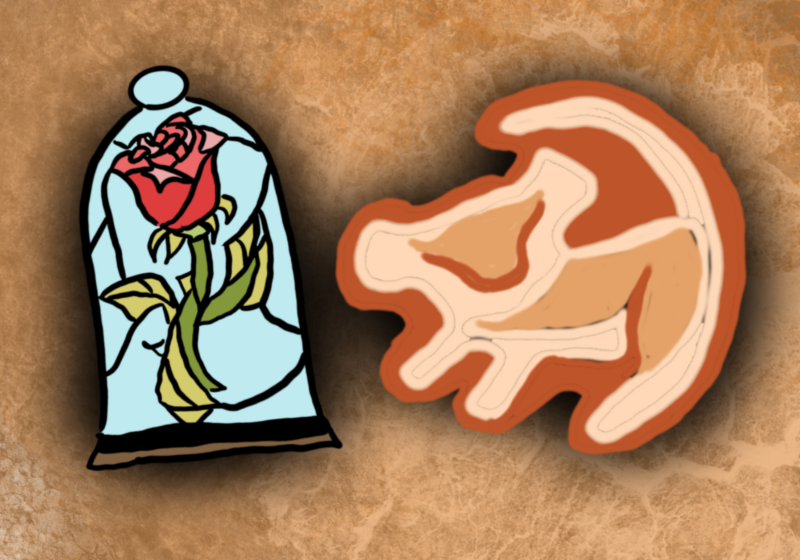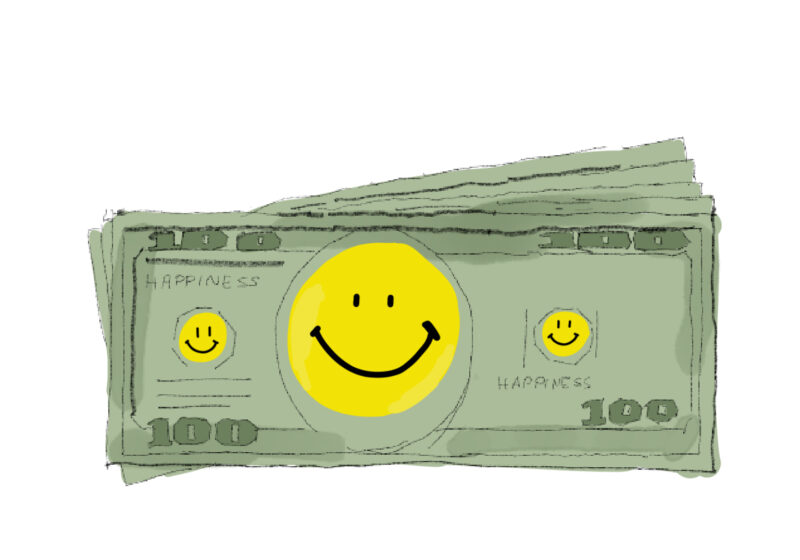“Goodell, if he didn’t know what was on that tape, he’s a liar. I’m just saying it. He is lying. I think that dude is lying. If you put him up on a lie detector test that guy would fail. For all these people to pretend they didn’t know is such f— b—-. It really is — it’s such f— b—-…I really hope somebody calls me or emails me and says I’m in trouble for anything I say about Roger Goodell. Because if one person says that to me, I’m going public. You leave me alone. The commissioner’s a liar and I get to talk about that on my podcast.”
– Bill Simmons, on his since-removed B.S. Report podcast
Bill Simmons, for all intents and purposes, is the face of ESPN in 2014. Since joining the website in 2001, he’s started his own ESPN-funded website, Grantland.com, where he’s freed from the office politics and journalistic shackles of ESPN’s own website. In addition to that, his “30 for 30” documentary series is growing in popularity every year; he just spent two years on national television on “NBA Countdown;” and he’s about to launch his own show on ESPN, which reportedly will carry over the free-flowing, new-school tone of Grantland.
Then came that quote. Last Wednesday, Sept. 24, ESPN suspended Bill Simmons for three weeks.
This isn’t the first time Simmons has skirmished with colleagues or administrators. Anyone who‘s watched “NBA Countdown” over the last two years could pick up on the palpable tension between Simmons and some of the other commentators. His tendency to question what is normally considered taboo by the old-guard establishment of sportswriters has been well documented and has, shall we say, ruffled more than a few feathers. He’s been disciplined by ESPN before, but never at this magnitude. The formation of Grantland.com only came about because Simmons couldn’t coexist with the other ESPN.com writers.
To fully understand the situation, you have to understand Grantland.
Full disclosure: Grantland.com is my homepage. I’ve been following Simmons since I was able to use the Internet without the assistance of a responsible adult, and I’ve been following Grantland since it was founded. The site employs nerd-king Malcolm Gladwell, Pulitzer Prize-winning journalist Wesley Morris, and pop-culture savant Chuck Klosterman (of course, Simmons himself sporadically writes columns for the website – he used to write weekly, but his other endeavors have taken up a lot of his time). In addition to the big names, dozens of young, smart writers fill the site every day with everything from (surprisingly easy-to-read) hardcore NBA analysis from Zach Lowe to film and television reviews from Mark Harris and Andy Greenwald, respectively, to the hilarious “Wedded Blitz” section, which seeks to quantify the greatness of the New York Times wedding announcements using their patented N.U.P.T.I.A.L.S. system. It’s this mix of published authors and up-and-coming magazine writers that give the site its distinctive loose tone.
Grantland does not publish your classic sports and pop culture click-bait. There’s no “You Won’t BELIEVE What This All-Star Said” here. To this day, I can remember Grantland’s first article: a brain-numbingly long oral history of the now defunct sports daily, The National. That’s not an article with a broad audience, but that seems to be the point sometimes.
The website, at its worst, can revel a little too much in reality TV and sounding clever – at its best, it’s brilliant journalism that’s funny, insightful, and sharp. The website is Bill Simmons, which is exactly what he wants it to be.
ESPN would tell you that Simmons was suspended for two reasons. They’d say he was suspended because he called Goodell a liar, which, though quite possibly true, hasn’t yet been proven. They would also say he got suspended because he called out his biggest ally at ESPN on the air. A personality like Simmons, a man who’s always seemed more like a fan than a “journalist,” can rub some people the wrong way. It’s been documented in a recent history of ESPN and leaked from various “sources:” i.e. people who’ve worked with him. But through the years, ESPN president John Skipper has been in Simmons’ corner almost every time. This isn’t implausible, but it seems a little out of character for Simmons’ biggest supporter to suspend him for saying something that’s on everyone’s mind.
Bill Simmons and many others would tell you that he got suspended because of ESPN’s odd relationship with Goodell’s organization, a little group called the NFL. ESPN just paid $15.2 billion for the rights to air “Monday Night Football,” an absurdly profitable endeavor for the network. If ESPN wanted to maintain the level of access to the NFL’s games and its stars, it would follow that they would have to treat those games and those stars with kid gloves when it came to more scandalous news. This has been the question at ESPN since it was founded: how do you remain impartial when you’re in bed with the subject of your news? It was only about a year ago when ESPN, under pressure from the NFL, tried to quietly terminate their relationship with PBS’s “Frontline” mid-way through production on an documentary investigating the NFL’s inaction on concussion safety.
That theory sounds alright, but the truth is that ESPN has done everything but call Goodell a liar. Their reporting on the Ray Rice affair has indicted Goodell over and over again, and popular commentator Stephen A. Smith was suspended (albeit for just two days) for suggesting that Janay Palmer brought the beating on herself. Not to mention, newly invigorated anchor Keith Olbermann said almost the same thing as Simmons. The difference was that 1) Olbermann, on television, didn’t cuss out Roger Goodell, and, 2) Olbermann didn’t call out his bosses on the air. So maybe ESPN’s version isn’t so ridiculous.
It’s an odd time in Bill Simmons’ career. How does he maintain his cool “everyman” aura as his fame and reach grow larger and larger? Isn’t he himself almost a part of the establishment now? How can he continue to play the brash outsider?
Simmons has a certain responsibility at this stage of his career. He’s the editor-in-chief of a fairly popular and incredibly well-funded website, and his influence is evident in every word on that website. His days of playing the petulant but enormously talented outsider are over. What he said may very well be true, but at this point, it’s conjecture. Until it is proven, Bill Simmons’ remarks were libelous, and he deserved to be disciplined.
I should mention: Grantland.com gets its name from the all-time great sportswriter, Grantland Rice. In addition, this quote from the eponymous scribe adorns the site’s masthead:
“For when the One Great Scorer comes. To mark against your name, He writes – not that you won or lost – But HOW you played the Game.”
Bill Simmons will win this one in the press. In issues of free speech and writer vs. establishment, the writer is always going to win in public. But at some point, Bill Simmons is going to have to ask himself exactly what he’s fighting against.
Bernstein is a member of the class of 2018.






